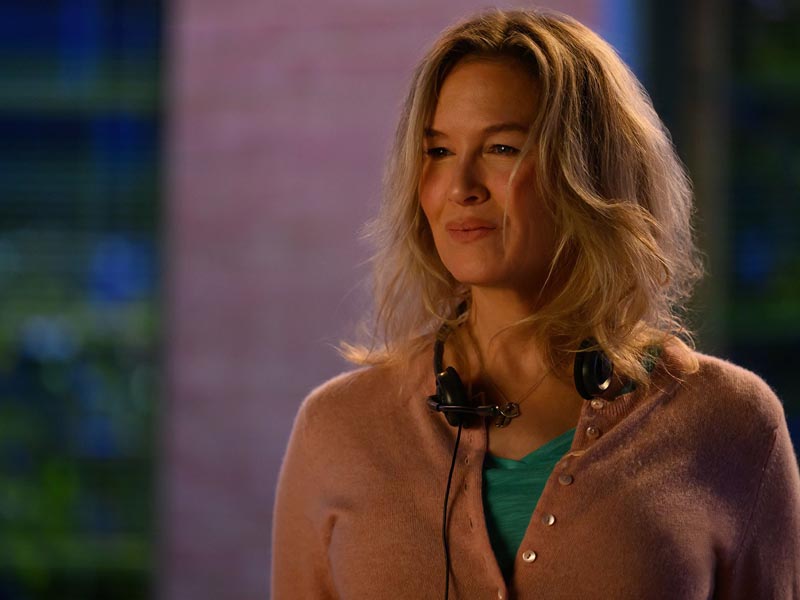
Arcadiadaily – More than two decades after her debut, Bridget Jones remains one of Britain’s most enduring rom-com heroines. First introduced in Helen Fielding’s 1990s newspaper column, Bridget’s journey has since spanned four best-selling books and three blockbuster films. Now, with a fourth movie on the way, her legacy is being revisited. Sparking debate over whether she represents a misogynistic stereotype or a refreshingly relatable voice for women navigating life, love, and career in a chaotic world.
Bridget Jones is far from the typical action-packed franchise protagonist. Unlike James Bond, to whom she is sometimes compared in terms of British cultural impact. Bridget doesn’t save the world she stumbles through it. Whether she’s drinking wine with friends, chasing after the wrong men (Hugh Grant’s charming but roguish Daniel Cleaver or Colin Firth’s reserved yet devoted Mark Darcy), or dealing with personal crises in increasingly absurd situations. Bridget embodies an endearingly flawed character that many find comforting.
Her mishaps have taken her far beyond London’s cocktail bars. She has faced awkward career blunders, accidentally ended up in a Thai prison (Bridget Jones: The Edge of Reason), and unexpectedly got pregnant in her forties (Bridget Jones’s Baby). Now, in her fifties, she is navigating life as a widowed mother while balancing a rekindled dating life with a much younger boyfriend. Some view this latest chapter as a celebration of female empowerment. Proving that love, sex, and self-discovery aren’t reserved for the young.
“Diesel Engine Overheating: Key Maintenance Tips”
Bridget Jones’s return has reignited discussions about whether she is a feminist figure or an outdated relic of problematic storytelling. Critics argue that her obsession with men, weight loss, and societal expectations perpetuates harmful stereotypes. In fact, Glamour magazine went so far as to call her a “toxic” and “misogynistic role model.” Arguing that modern audiences no longer need a protagonist fixated on calorie-counting and romantic struggles.
On the other hand, many fans and cultural commentators defend Bridget as a reflection of real women’s experiences. The Guardian’s Hollie Richardson praised the latest film’s storyline. Highlighting how it offers “joyous” representation of a woman in her fifties embracing love, adventure, and sexual freedom. Unlike traditional heroines who fade into the background after a certain age, Bridget refuses to be sidelined.
No discussion of Bridget Jones would be complete without mentioning Jane Austen.Fielding has long drawn inspiration from Austen’s romantic comedies, both honoring and satirizing them. Much like Pride and Prejudice’s Elizabeth Bennet. Bridget is an imperfect but lovable protagonist, constantly navigating societal pressures and romantic dilemmas. However, unlike Austen’s heroines, she is unapologetically messy, modern, and at times, ridiculous.
As Bridget Jones enters her latest chapter, one thing remains certain. She continues to spark conversations, divide opinions, and, most importantly, make audiences laugh. Whether she’s a problematic relic of the past or a timeless icon of womanhood depends on perspective. But there’s no denying that Bridget Jones, knickers and all, is here to stay.
“Crafting Unforgettable and Powerful Characters”
